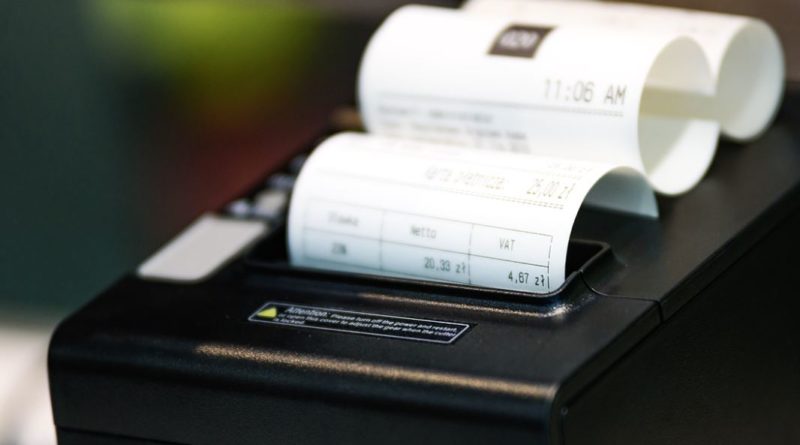UK consumer confidence at lowest point in 13 months
In February UK consumer confidence fell to it’s lowest point in 13 months, with a three month decline brought about by ongoing concerns regarding the global pandemic.
In spite of an end to restrictions in the UK, pandemic triggered price rises remain, and are now met with the seismic social and economic shock of Russian invasion of Ukraine. The resulting signs of ongoing economic stress; interest rates going up, energy prices rising, and taxes increasing.
Reflected on reporting from the GfK Consumer Confidence Index, Joe Staton, GfK Client Strategy Director, commented, “Fear about the impact of price rises from food to fuel and utilities, increased taxation and interest rate hikes has created a perfect storm of worries that has shaken consumer confidence.”
Following this line of reporting, Deloitte found that, “41% of consumers faced rising utility and grocery bills, up from 36% in Q3 2021.”
Countering the undeniably challenging financial realties facing people, Deloitte highlights a disparity in viewpoint between consumers and the business sector, where “business executives intend to make increased capital investment a strong priority for the year ahead.”
Ian Stewart, chief economist at Deloitte, comments: “Sharply higher inflation and a squeeze on consumer spending power has hit consumer confidence. With inflation set to rise further a tough few months are in prospect. However, high savings, strong consumer balance sheets and rising employment should help soften the blow to spending caused by higher inflation.”
Across the bicycle industry there will be mixed feelings about the economic ‘what comes next’.
What we do know is that active transport, supercharged by shared e-mobility schemes, will play a significant role in future retail growth. As adaption to a growing informal and formal transport network becomes more normalised in the UK the number of people using bicycles as transport will be driven as much by economic as environmental necessity. On this point, e-bike cost remains a challenge to private ownership, with trade tariffs having a significant impact on retail and distributor pricing.
A lobby to match the EU reduction in VAT on bicycles may well become critical as an offset to Brexit and COVID related costs, which have already become a major factor for importers, retailers and consumers.



